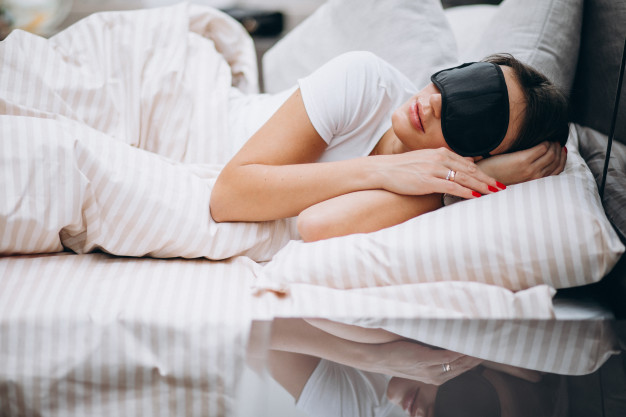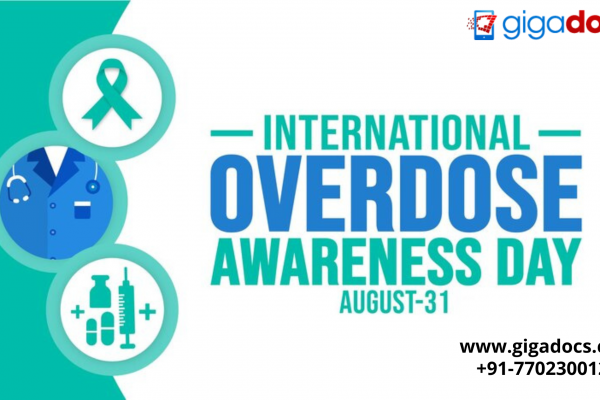We spend about 26 years of our life sleeping and take an additional of 7 years to fall in sleep, surprising?
Sleeping is one of the basic activities of our lives affecting our health both physically and mentally. Often all of us are not blessed with a sound sleep. Various factors affect sleep. If you are severely stressed, ill or have a lifestyle change then beware insomnia can attack you! The other psychological factors affecting sleep are stress, change of a sleep environment which affects an average person’s sleep-wake cycle directly.
If you thought sleep disorders are a normal occurrence, think again. Sleep disorders are medical disorders affecting the sleep patterns of a human or an animal. Sleep disorders are fatal and can affect a person’s quality of life and overall health. Sleep disorders can be seriously interfering with a person’s mental, social, physical and emotional functioning.
Are you a daytime sleeping person? Research studies have shown that excessive sleeping all day is a sign of sleep disorder. So are increased moments and irregular breathing patterns during sleep.
Sleep deprivation is an economic burden that costs $400 billion annual loss to the US, $138 billion loss to Japan, $60 billion loss to Germany, $50 billion loss to the UK and $21 billion loss to Canada respectively.
Celebrating a Good Sleep
Acknowledging the importance of good sleep, the World Sleep Day Committee of World Sleep Society celebrates the international (World) Sleep Day on 13th March every year. This is an annual event, which focuses on the importance of sleep and calls for action on the important issues related to a sound sleeping pattern.
The first World Sleep Day was globally observed on 14th March 2008, commemorated with awareness events cantered around panel discussions, presentations and exhibitions, which took place offline and online platforms.
The International (World) Sleep day 2020 centers around “Better Sleep, Better Life, Better Planet”, stressing how a peaceful non-interrupted sleep can lead to good health and better living. The world Sleep Day 2020 aims to unlock the power of cognitive understanding owing to a sound sleep to comprehend distressing situations that affect our planet.
We often know insomnia as sleep deprivation, besides, there are many different types of sleep disorders beyond insomnia. Sleeping disorders are often grouped into categories on how they affect a person and can also be grouped according to a person’s breathing problems, natural sleep-wake cycles, causing difficulty sleeping and sleepless nights.
Types of Sleeping Disorders
Here are the different types of sleeping disorders leading to tough bedtimes-
- Insomnia: Causes sleepless nights and involves an inability of falling asleep or staying asleep at the night.
- Sleep apnea: Obstructive Sleep Apnea (OSA) causes loud and regular snoring with abnormal breathing patterns when a person is trying to sleep.
- Restless legs syndrome (RLS): As the name suggests, RLS sleeping disorder also called Willis-Ekbom disease, causes an urge to move the legs while a person is sleeping.
- Sleep bruxism: Sleep bruxism involves grinding or clenching of teeth during sleep. Individuals who suffer from sleep bruxism, also suffer from sleep apnea leading to snoring and breathing pauses in sleep.
- Hypersomnia: Hypersomnia affects people who can have a habit of sleeping all day especially during the daytime. In hypersomnia, a person faces trouble staying awake during the day. This condition is also called as narcolepsy which is characterised by extreme sleepiness in the daytime. Hypersomnia is dangerous as people may fall asleep in inconvenient situations like being at work or while driving
- Parasomnia: If a person sleepwalks, he/she is likely suffering from Parasomnia. This disorder involves sleepwalking, eating or talking during sleep.
- Circadian rhythm disorders: This disorder has affected many of us at some point or the other. The circadian rhythm disorder affects the sleep-wake cycle making a person not being able to sleep and wake up at the right times.
The most common type of sleeping disorder include Insomnia, we discuss Insomnia symptoms, causes, medical treatments in the next section-
Insomnia Symptoms
Are you very sleepy during the daytime and prefer sleeping all day and take ages to fall asleep at night?
If that’s true, you may be suffering from insomnia. Other symptoms of insomnia include feeling an uncomfortable urge to move while sleeping and poor sleep quality. Sleep deprivation is a serious concern affecting vital organ functions with hazardous health consequences including the weakened immune system, cognitive function impairment, affecting cardiovascular health, and increased risk of falling with dangerous bone fractures among the elderly.
Chronic insomnia can be dangerous leading to high blood pressure and in acute cases depression. Insomnia can affect a healthy quality of life. Be extra cautious if you have any of the following common Insomnia symptoms-
- Poor memory
- Decreased energy levels
- Mood disturbance
- Daytime sleepiness
- Increased errors or accidents
- Low motivation
- Fatigue
- Concentration problems
Insomnia Causes
Sleep disorders affect people of all ages. There are different causes for different sleep disorders. Some common Insomnia causes are stress, depression, genetics, anxiety or something more serious like internal diseases.
Lifestyle changes may also cause Insomnia like irregular working hours, heavy dependence on caffeine and alcohol or simply ageing. As the human age increases, most people often spend less time in a restful and deep stage of sleep.
Insomnia Cure and Treatment
The first step to curb the symptoms of Insomnia point to developing healthy sleeping habits like sleeping on a specific time, and not checking the phone before sleeping.
Chronic insomnia treatment involves cognitive behavioral therapy for insomnia (CBT-I). CBI-I administered by a behavioral sleep medicine provider helps you make changes in your actions or habits which affect the ability to sleep well.
When to seek Medical Help for Insomnia?
If sleeping disorders are affecting your health, then delay no further, it’s time to consult a specialist today. To test the severance of insomnia and other sleeping disorders, a specialist will perform polysomnography and actigraphy tests. Book the best medical practitioners on the Gigadocs App today.
Gigadocs is an intelligent practice management software that helps you track your vitals and allows you to share them with your specialist medical practitioner on a real-time basis.
Gigadocs empowers you to-
- Seek an appointment with specialist doctors at a time coinvent to you.
- Maintain your health and manage the healthcare of your family though digital recordkeeping.
- Never miss any follow-up appointments. The Gigadocs app notifies you before your appointments are due.
As you celebrate the Cherry month and relish on the sumptuous multivitamin cherry fruit, don’t ignore any season illness. Gigadocs helps you book custom doctor appointments, track appointments, managing your entire family’s health medical records with vitals in one go!
Download Gigadocs app-
IOS App – apple.co/2W2iG4V
Andriod App – bit.ly/33AQoRC
To know more e-mail, at info@gigadocs.com.
Gigadocs wishes you a sound sleep!




